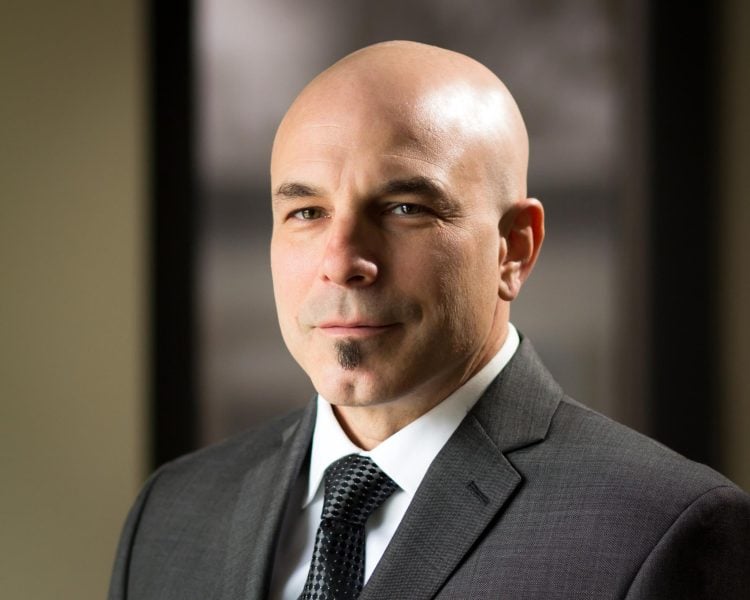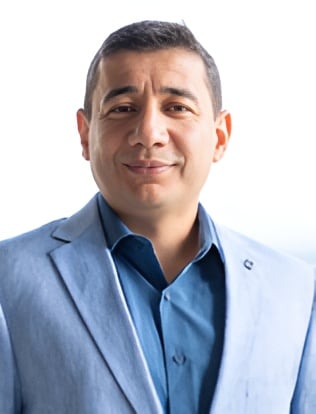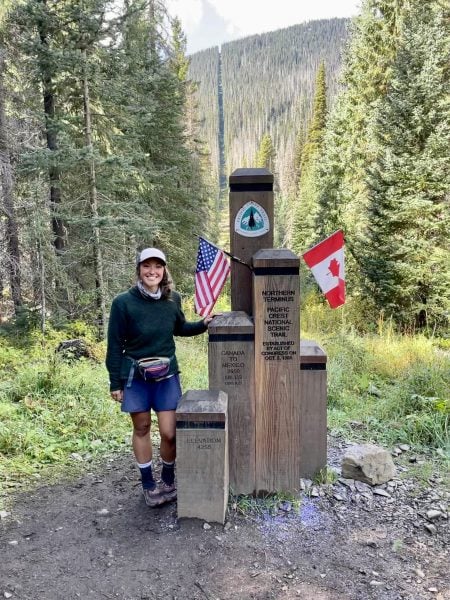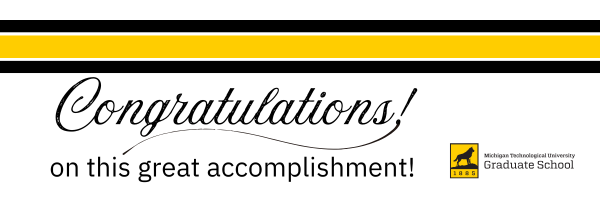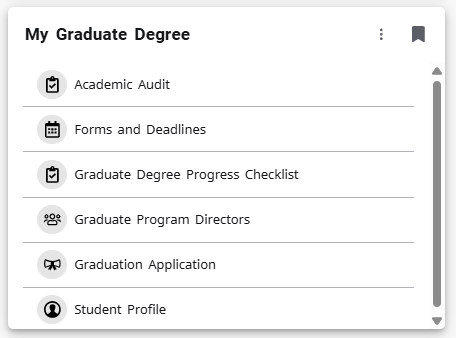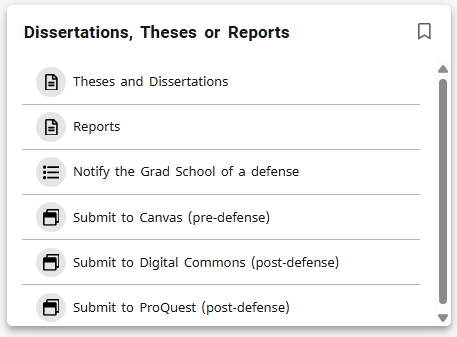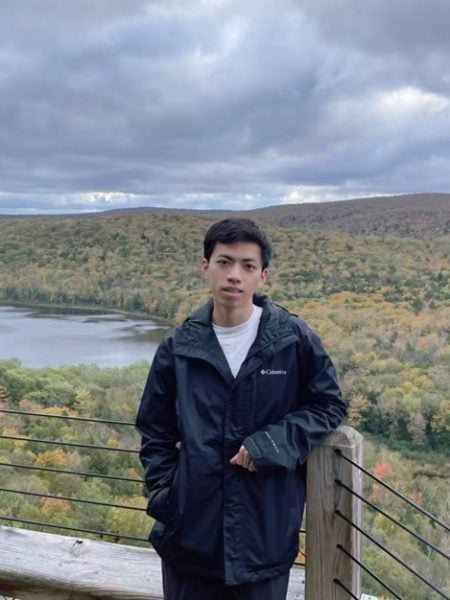
“I am deeply honored and humbled to have been awarded the Doctoral Finishing Fellowship at Michigan Technological University. My heartfelt thanks go to the Graduate School and the Graduate Dean Awards Advisory Panel for recognizing my research and supporting me at this stage of my journey. First and foremost, I am profoundly grateful to my advisor, Dr. Christo Z. Christov, for taking me under his guidance and for his unwavering support throughout my PhD. His mentorship has been invaluable in shaping both my research and personal growth as a scientist.
Before joining MTU, I completed my B.S. in Chemistry at The New College, Chennai, India, and my M.S. in Chemistry at Vellore Institute of Technology, Vellore, India. In Spring 2021, I began my PhD research in the Department of Chemistry at MTU, focusing on the computational exploration of catalytic mechanisms of non-heme Fe(II)/2-oxoglutarate enzymes.
My research aims to understand the factors that influence enzyme reactivity and the bifurcation of catalytic pathways – insights that can inform experimental efforts in drug design and enzyme engineering. To this effect, I have employed a variety of computational chemistry techniques, including Molecular Dynamics (MD), Quantum Mechanics (QM), and hybrid Quantum Mechanics/Molecular Mechanics (QM/MM) approaches, to probe the structure-function relationships in enzyme catalysis.
During my Ph.D., I contributed to two significant projects. The first was an NSF-funded project on the Ethylene Forming Enzyme (EFE), where my research uncovered a second branch point in the catalytic mechanism of EFE using MD and QM/MM techniques. The second project was an NIH-funded investigation into Histone Demethylases (KDMs). In this project, I examined the distinct catalytic activity of the KDM6 family of enzymes, particularly focusing on the catalysis of different alkylated substrates by KDM6B. These findings have the potential to guide the design of novel peptide therapeutics.
I am eager to continue building upon these discoveries and to further contribute to the field of computational biochemistry. The knowledge, skills, and insights I have acquired during my PhD, from mastering advanced computational techniques such as MD, QM, and QM/MM, to elucidating intricate enzyme mechanisms, have provided me with a foundation to address challenging problems at the intersection of chemistry and biology. This experience has not only deepened my knowledge of enzyme catalysis but has also honed my capacity to design and interpret computational experiments that can guide and complement experimental efforts.
I am confident that the expertise I have cultivated at MTU will be instrumental in my future research career, enabling me to pursue impactful work in drug discovery, enzyme engineering, and beyond. I eagerly anticipate utilizing this foundation to explore novel questions, collaborate across disciplines, and make meaningful contributions to advancing science.
Once again, I extend my sincere gratitude to the Graduate School, the advisory panel, and all who have provided me with support throughout this journey. I eagerly anticipate the next chapter in my career, driven by the curiosity and passion that have propelled me thus far.”


